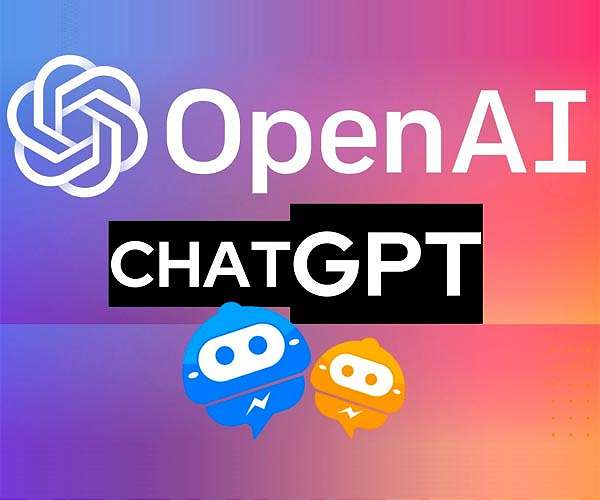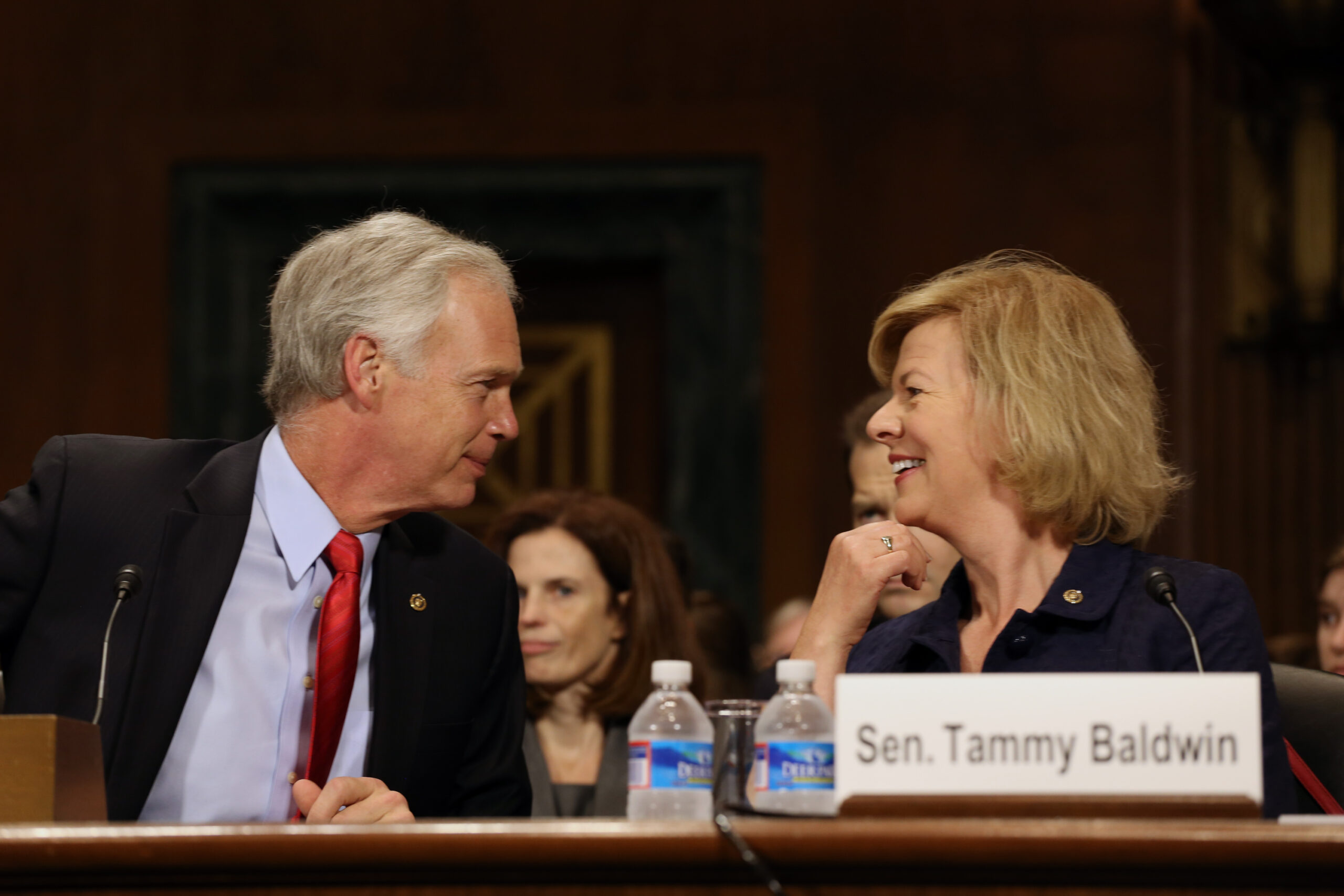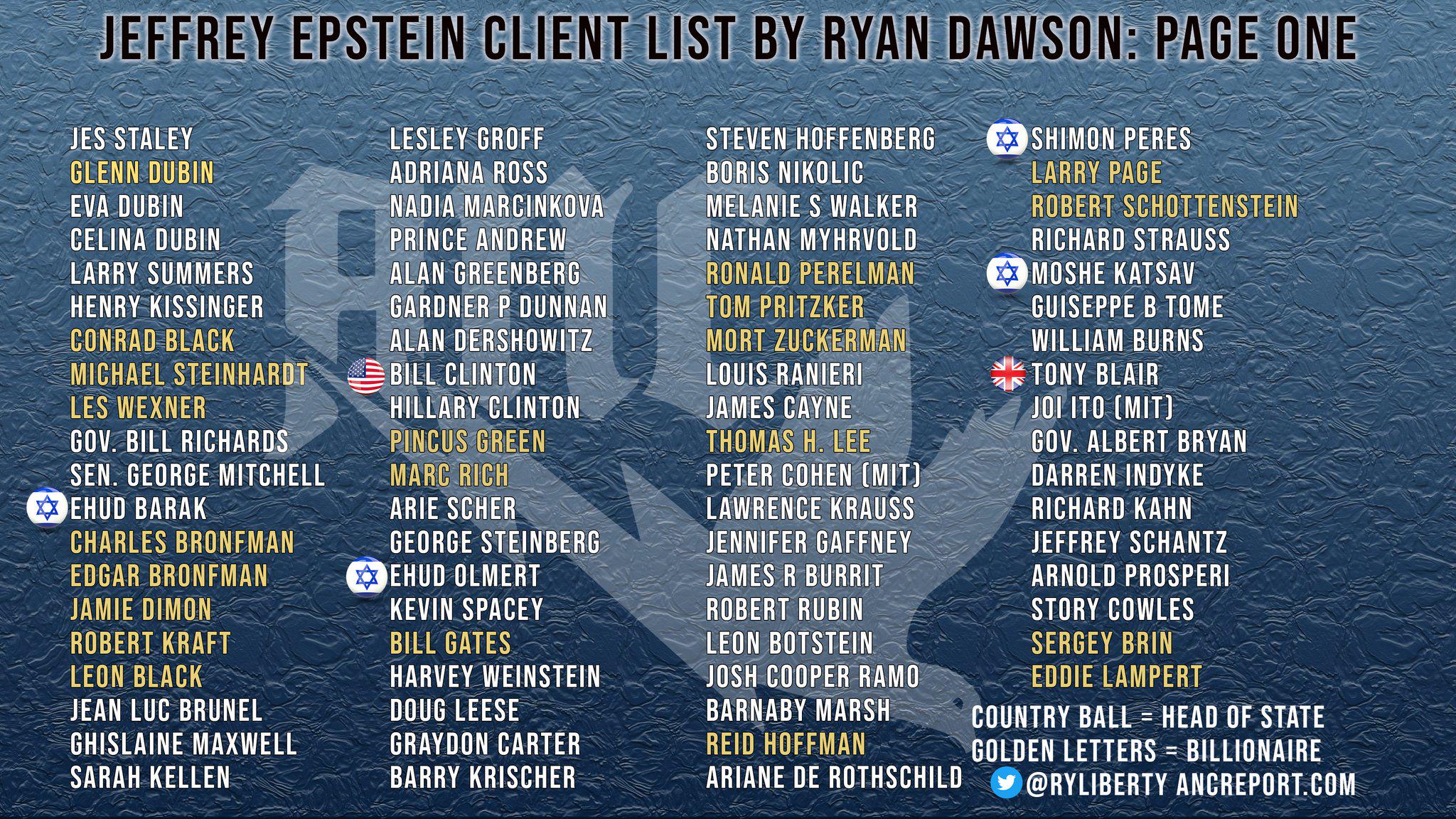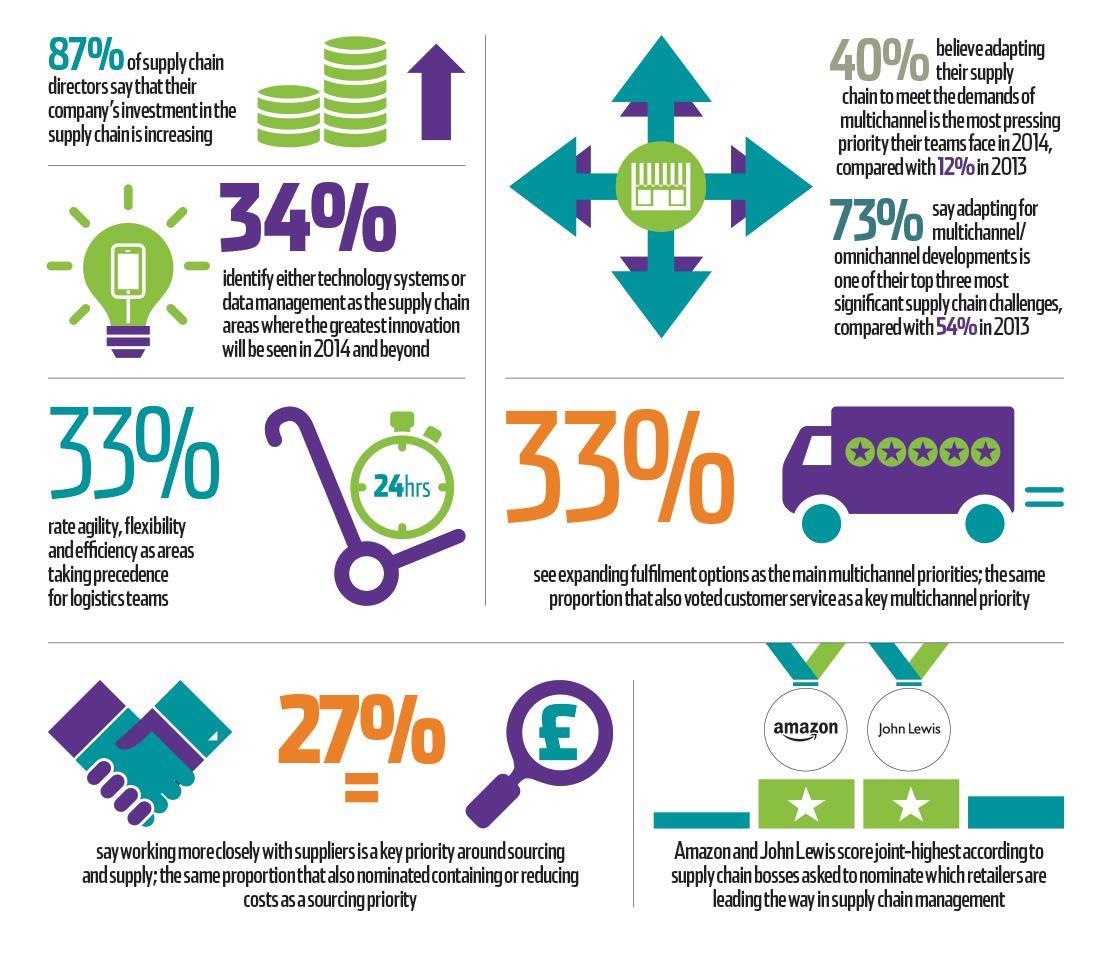OpenAI's ChatGPT Under FTC Scrutiny: Implications For AI Development

Table of Contents
FTC's Concerns Regarding ChatGPT and Data Privacy
The FTC's investigation into ChatGPT likely stems from concerns about its data handling practices and potential violations of consumer privacy laws. ChatGPT, like other large language models (LLMs), ingests massive amounts of data during its training phase. This data often includes personal information scraped from the internet, raising significant red flags regarding data privacy. The FTC is likely scrutinizing OpenAI's methods to ensure compliance with regulations like the California Consumer Privacy Act (CCPA) and other relevant data protection laws.
- Illegal data scraping and use of personally identifiable information (PII): The FTC might be investigating whether OpenAI's data acquisition methods violated existing laws concerning the unauthorized collection and use of PII. This includes names, addresses, email addresses, and other sensitive information.
- Lack of transparency regarding data collection and usage practices: Concerns exist around the lack of clarity regarding how OpenAI collects, uses, and protects the data used to train ChatGPT. Users need to understand what data is being collected and how it is being utilized.
- Potential for biased or discriminatory outputs due to biased training data: The data used to train AI models can reflect existing societal biases. The FTC may be investigating whether ChatGPT exhibits biases based on its training data, leading to discriminatory or unfair outcomes.
- Concerns about the veracity and potential for misuse of ChatGPT's generated content: ChatGPT can produce highly convincing but factually incorrect or misleading information. The FTC's concerns might extend to the potential for the misuse of this technology for malicious purposes, such as spreading misinformation or generating deepfakes.
The Impact on AI Development and Innovation
The FTC's investigation into ChatGPT has significant implications for the broader AI development landscape. While some see it as a potential "chilling effect" on innovation, others believe it is a necessary step towards establishing responsible AI practices. Increased regulatory scrutiny could lead to several consequences:
- Slowdown in the development of large language models (LLMs) due to increased regulatory hurdles: The added cost and complexity of ensuring compliance with data privacy regulations could slow down the rapid pace of LLM development.
- Increased costs associated with data privacy compliance and ethical AI development: Companies developing AI models will face higher costs related to data security, privacy audits, and ethical AI development practices.
- Potential for fostering more responsible and ethical AI practices through increased accountability: The scrutiny may drive the industry to prioritize ethical considerations and transparency, leading to more responsible AI development.
- The need for clearer guidelines and regulations to ensure responsible AI innovation: The investigation highlights the urgent need for clear, consistent, and internationally recognized guidelines for AI development and deployment.
The Future of ChatGPT and Similar AI Technologies
To address the FTC's concerns, OpenAI and other AI developers will likely need to implement significant changes to their models and practices. This includes:
- Enhanced data privacy measures and transparency initiatives: This might involve implementing more robust data anonymization techniques, obtaining explicit user consent for data usage, and providing more transparent disclosures about data collection practices.
- Improved methods for detecting and mitigating biases in training data: Developers will need to invest in advanced techniques to identify and mitigate biases in their training data, ensuring fairer and more equitable outcomes.
- Development of more robust safeguards against misuse of generated content: This could involve developing techniques to detect and flag potentially harmful or misleading outputs, as well as strategies to prevent the misuse of the technology for malicious purposes.
- Increased scrutiny of AI model training and deployment processes across the industry: The FTC's actions are likely to trigger a wider review of AI development practices across the entire industry, prompting greater accountability and transparency.
The Need for Proactive AI Governance
The FTC's action underscores the urgent need for a proactive and collaborative approach to AI governance. Establishing clear regulatory frameworks is crucial, requiring a joint effort from governments, industry leaders, and researchers. This collaboration must address several key points:
- International cooperation on AI ethics and regulations: Global cooperation is essential to establish consistent standards for AI development and deployment across borders.
- The role of independent oversight bodies in monitoring AI development: Independent bodies are necessary to monitor AI development, ensuring compliance with ethical guidelines and regulations.
- The importance of public education and awareness on AI's implications: Educating the public about the capabilities, limitations, and potential risks of AI is vital for responsible development and deployment.
- The need for ongoing research and development of ethical AI guidelines: Continued research is necessary to address emerging challenges and develop more nuanced ethical frameworks for AI.
Conclusion
The FTC's investigation into OpenAI's ChatGPT underscores the critical need for responsible AI development and robust regulatory frameworks. While the scrutiny may slow innovation in the short term, it also presents an opportunity to build a more ethical and trustworthy AI ecosystem. The future of AI, including advancements like ChatGPT, hinges on proactive measures to address concerns surrounding data privacy, bias, and misuse. Let's work together to ensure the future of AI is both innovative and responsible. Moving forward, thoughtful engagement with the implications of ChatGPT and similar AI technologies will be crucial for navigating the complex ethical and regulatory landscape.

Featured Posts
-
 Get Chelsea Handlers New Book I Ll Have What Shes Having Online
Apr 26, 2025
Get Chelsea Handlers New Book I Ll Have What Shes Having Online
Apr 26, 2025 -
 87 Month Prison Sentence Sought For George Santos In Sweeping Fraud Case
Apr 26, 2025
87 Month Prison Sentence Sought For George Santos In Sweeping Fraud Case
Apr 26, 2025 -
 Point72s Exit Emerging Markets Fund Closure And Trader Departures
Apr 26, 2025
Point72s Exit Emerging Markets Fund Closure And Trader Departures
Apr 26, 2025 -
 Fugro And Damen Partner To Bolster Royal Netherlands Navy Capabilities
Apr 26, 2025
Fugro And Damen Partner To Bolster Royal Netherlands Navy Capabilities
Apr 26, 2025 -
 Contentious Town Halls Public Outrage And Political Confrontations
Apr 26, 2025
Contentious Town Halls Public Outrage And Political Confrontations
Apr 26, 2025
Latest Posts
-
 The Future Of Chinas Canola Imports A Look At New Suppliers
May 10, 2025
The Future Of Chinas Canola Imports A Look At New Suppliers
May 10, 2025 -
 China Re Evaluates Canola Supply Sources After Canada Relations Sour
May 10, 2025
China Re Evaluates Canola Supply Sources After Canada Relations Sour
May 10, 2025 -
 The Epstein Case Pam Bondis Role And The Unreleased Client List
May 10, 2025
The Epstein Case Pam Bondis Role And The Unreleased Client List
May 10, 2025 -
 Bondis Alleged Possession Of The Epstein Client List Fact Or Fiction
May 10, 2025
Bondis Alleged Possession Of The Epstein Client List Fact Or Fiction
May 10, 2025 -
 Chinas Canola Supply Chain Adapting To The Post Canada Era
May 10, 2025
Chinas Canola Supply Chain Adapting To The Post Canada Era
May 10, 2025
